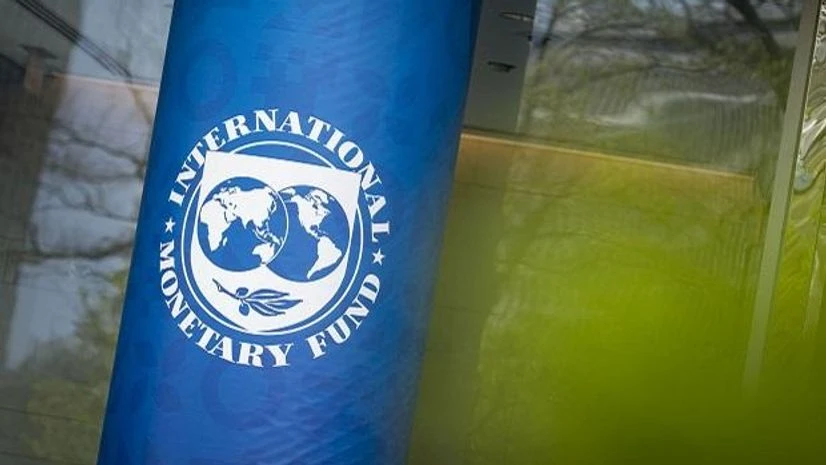India’s debt-to-GDP ratio is projected to peak at 82.3 per cent in FY25, and then it may gradually ease to touch 80.5 per cent in FY29, according to the latest estimates by the International Monetary Fund (IMF) in its Fiscal Monitor report.
This is a substantial revision by the IMF from its April projections, in which it indicated that the country’s debt-to-GDP ratio is set to follow an upward trajectory for four financial years starting FY24 to touch 83.8 per cent in FY27. The multilateral lending institution didn’t give any rationale for the revisions to its projections.
As the Covid-19 pandemic hit the economy, substantially reducing revenues and increasing government expenditure, India’s public debt-to-GDP ratio shot up from 75 per cent in FY20 to 88.5 per cent in FY21. Then it gradually reduced to 81 per cent in FY23 as revenues and expenditure stabilised. The IMF now projects it will again climb for the next two financial years of FY24 and FY25.
The IMF projected that India’s combined fiscal deficit (Centre and states), which hit a high of 12.9 per cent in FY21, will continue to moderate to touch 7.2 per cent in FY29.
The latest Fiscal Monitor report takes stock of mitigation policies across countries and presents the trilemma facing policymakers in balancing between achieving climate goals, debt sustainability, and political feasibility.
“The green transition would entail additional fiscal costs, especially if they rely on expenditure-based measures. A comparable simulation for a representative large emerging market economy considers a cap on carbon prices at $45 a tonne during 2030-50, together with a substantial increase in green investment and subsidies to reach net zero goals by 2060,” the report stated.
The IMF said the fiscal cost of policy mix could become challenging, particularly for emerging markets and developing economies already experiencing high debt and rising interest costs, alongside large adaptation, and development needs. “To navigate these challenges, countries with limited fiscal space should build tax capacity to mobilize revenues and improve spending efficiency. Policies should encourage the private sector to play an increasing role in financing and investing in climate actions,” it further said.
More From This Section
“The IMF can also help by providing long-term financing under the Resilience and Sustainability Trust. Large uncertainty -- arising from policy impacts and nonlinear impacts of climate change -- suggests that incorporating climate action in debt sustainability analyses is crucial.”
The report said global coordination to push forward pragmatic global carbon pricing, enhance external financial support, and facilitate knowledge transfers of established low-carbon technologies are essential to support climate efforts for developing economies.
“However, it is not sufficient and should be complemented by policies to address market failures and catalyse private financing and investment in low-carbon technologies. Robust fiscal transfers are needed to protect vulnerable households, workers, and communities during the green transition,” the report said.
Vitor Gaspar, director at the IMF Fiscal Affairs Department, said ahead of COP28, a global pragmatic side deal among large players, such as the US, China, India, the EU, and the African Union (AU), could make a decisive contribution. “The AU membership of the G20 is a very important step. By incorporating a carbon price floor, the global deal would help the most effective and efficient policy instrument to become a focal point for policy action in the World. By including financial and technological transfers and revenue sharing mechanisms, the global deal could ease the financial divide and contribute to the achievement of the sustainable development goals, including the eradication of poverty and hunger,” it added.


)
